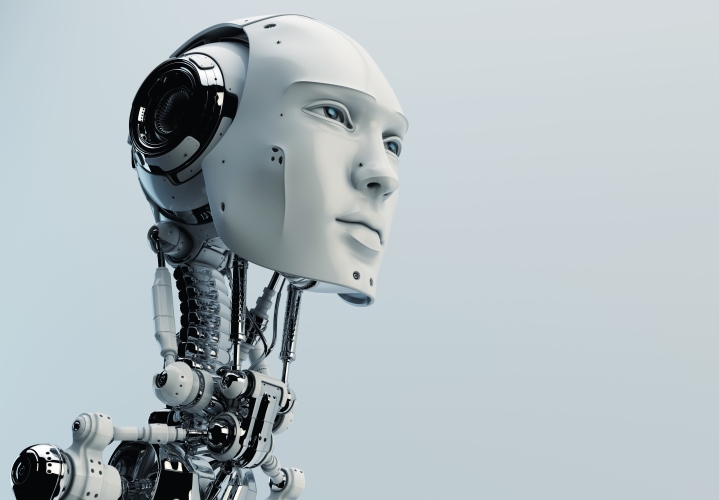It is pretty much mandatory these days for law firms to write about the impact of artificial intelligence (AI). We thought we would jump on the bandwagon, before it becomes entirely populated by robots.
In the life sciences sector, there are a number of key AI developments to be aware of. For example:
- as computers become faster and more adept at recognising patterns they can increasingly assist in analysis of data. Applications range from streamlining the drug discovery process in pre-clinical research, to the diagnosis of illnesses for example by analysing x-ray images and identifying potentially problematic symptoms;
- interfaces have been designed to assist patients with chronic conditions in monitoring their condition and treatment in-between medical appointments. The “virtual nurse” represents a combination of consumer-facing healthcare with machine learning; and
- progress in robotic surgery allows enhanced accuracy and dexterity, assisting surgeons in the operating theatre and minimising patient trauma and blood loss.
Issue One: Regulation
The emergence of AI within the life sciences sector raises issues about its regulation. As technology companies generally keep their algorithms confidential, experts have proposed that an AI watchdog should be established to ensure automated systems operate lawfully. Either way regulators, and those that advise companies subject to regulations, will inevitably need to develop and continue to develop an understanding of the underpinning technology.
Issue Two: Liability
Earlier this year, the European Parliament called for draft legislation to clarify the issue of who is liable when AI machines cause damage, and proposed a specific legal status for robots. The major issues for courts handling these claims are likely to be the intersection of clinical negligence, product liability law and technology. There may be potential to apportion blame to developers and manufacturers for technical problems, and to medical staff for their failure to operate any machinery properly or intervene appropriately once complications arise.
Issue Three: Employment
Another legal and ethical concern regarding AI in the life sciences sector is the potential loss of employment. Diagnoses by machines capable of deep learning could certainly change the job descriptions of pathologists, radiologists, and dermatologists. More optimistic commentary suggests that while AI will take on the routine and repetitive analytical work, opportunities for people to be redeployed to new roles in data science, robotics and biotech will abound, and doctors spending less time looking at x-rays will have more time to discuss options with patients.
Issue Four: Managing data risks
Data privacy and cyber security issues in relation to AI should also be considered, particularly given the recent cyberattacks on healthcare systems around the world. Large volumes of patient-derived data, including genetic, metabolic and clinical information, are required to facilitate machine learning or effectively treat patients. With the GDPR set to come into force in May 2018 businesses must ensure compliance and stay on top of cyber security requirements.

 Gustaf Duhs
Gustaf Duhs